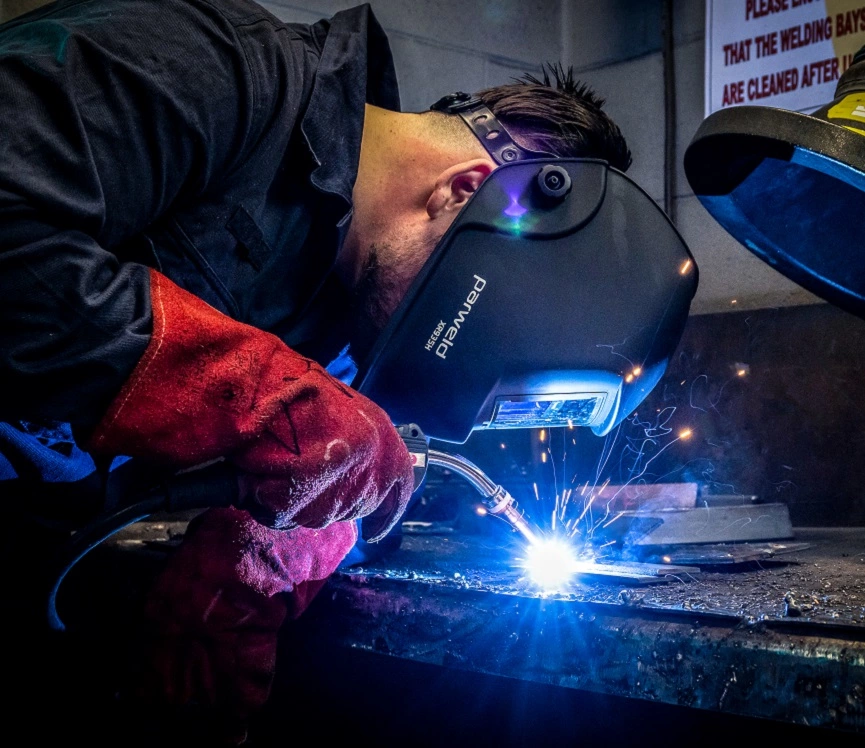Beyond the traditional image of a police officer, the police force offers a wide array of specialised positions, from cyber crime experts and detectives to dog handlers and community support officers.
Each role presents unique challenges and opportunities, ensuring that no two days are ever the same. Whether you're passionate about community engagement, solving complex crimes, or working in high-stakes situations, the police force can offer a dynamic and fulfilling career path!
Police Officer
The role of a police officer is dynamic and varied. Officers respond to emergencies, conduct investigations, make arrests, and work closely with communities to build trust and ensure public safety. Becoming a police officer typically involves completing a tough selection process, including physical fitness tests, medical examinations, and training at a police college.
Career Pathways:
• Response Officer: First on the scene in emergencies, handling incidents ranging from minor disturbances to major crimes.
• Community Officer: Focuses on building relationships within the community, addressing local concerns, and working on crime prevention initiatives.
• Detective: Specialises in investigating serious and complex crimes, such as murder and fraud.
Specialist Roles
The police force also offers a variety of specialist roles for those looking to focus on specific areas of law enforcement.
Examples of Specialist Roles:
• Dog Handler: Works with highly trained police dogs to detect drugs, explosives, and track missing persons.
• Cyber Crime Officer: Investigates crimes involving technology, such as hacking, online fraud, and digital forensics.
• Firearms Officer: Part of an elite team trained to handle situations involving firearms and armed threats
Support Roles
Support roles within the police are crucial for the effective functioning of the force. These positions often require specialised skills and contribute significantly to the effectiveness of the police to do their job.
Examples of Support Roles:
• Crime Scene Investigator: Collects and analyses evidence from crime scenes to aid in investigations.
• Call Handler/Dispatcher: Manages emergency and non-emergency calls, dispatching officers and providing critical information.
• Police Community Support Officer (PCSO): Works closely with police officers to support community initiatives and engage with the public on safety issues.
Career Development and Progression
The police force offers clear pathways for career advancement. Officers can move up the ranks, from constable to sergeant, inspector, and beyond. Continuous professional development is encouraged, with opportunities to gain additional qualifications and undertake specialised training.
Why Choose a Career in the Police Force?
• Job Satisfaction - making a real difference in your community and helping to protect people.
• Variety - no two days are the same, with a wide range of incidents and challenges to tackle.
• Career Progression - clear pathways for advancement and opportunities to specialize in different areas.
• Teamwork - working as part of a dedicated and supportive team.
A career in the police force is demanding but very rewarding. For those with excellent communication skills and a desire to serve the public it offers a unique and fulfilling career path, with a huge variety of roles available.
Our Public Services and Policing programmes will help you gain the skills, confidence and qualifications you need for a career in the police force - find out more!

